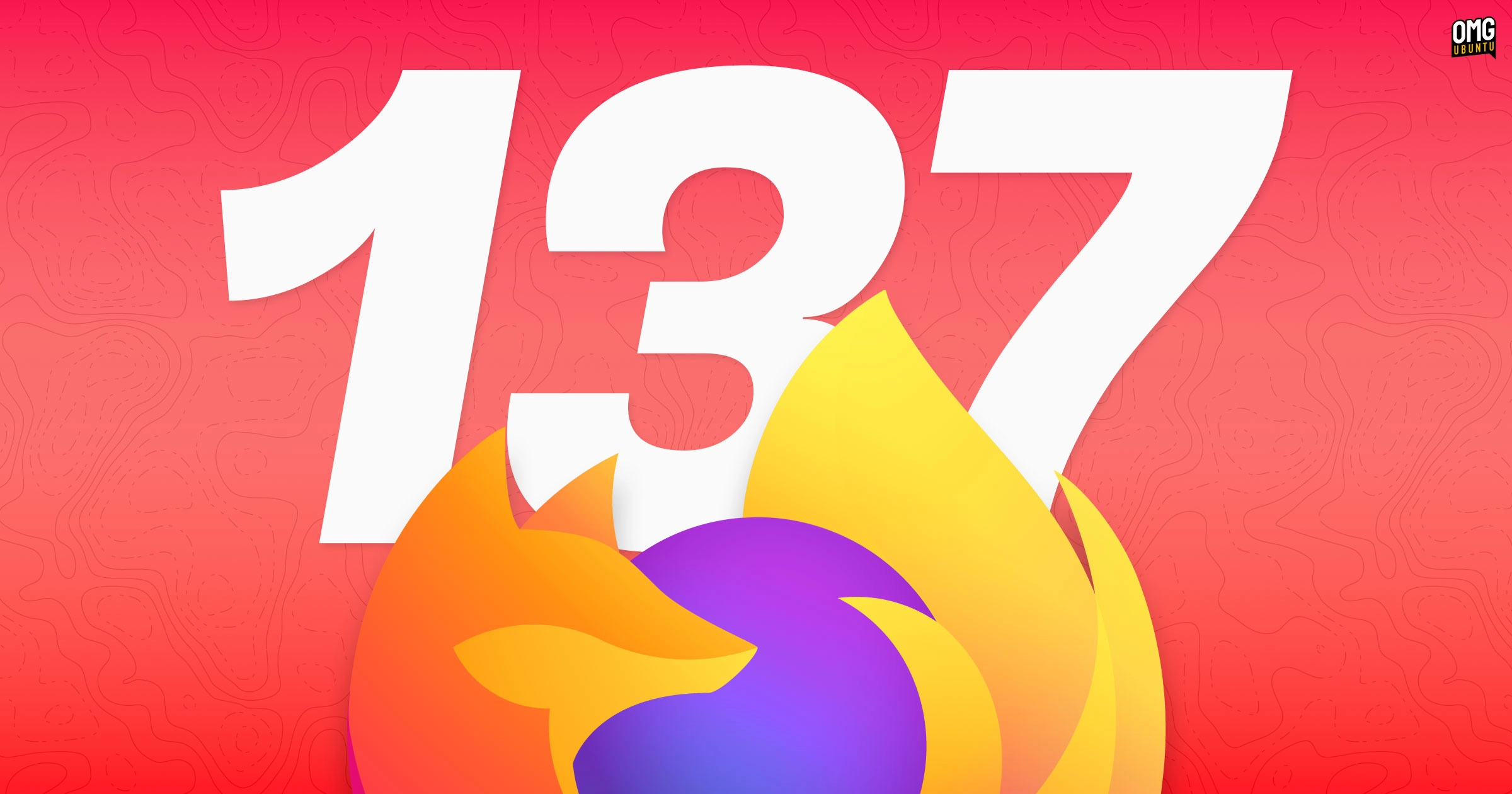Firefox has just launched version 137, introducing significant enhancements like tab grouping and an improved address bar. This follows last month’s release (version 136), which brought features such as vertical tabs and a revamped sidebar, now enabling Linux users to benefit from AMD hardware decoding.
Key Features in Firefox 137
Tab Grouping
The highlight of this release is the introduction of Tab Groups, which allows users to organize multiple tabs easily. Users can right-click on a tab to create a group or drag one tab onto another to merge them. Custom names and colors can be assigned to these groups, and they can be saved for later access. This feature is gradually rolling out, so not all users may receive it immediately.
Address Bar Revamp
The Address Bar gets a makeover, providing enhanced search capabilities. A new “Unified Search Button” integrates various search options, making it easier to switch between search engines, bookmarks, history, and opened tabs. Furthermore, site-specific searches are supported, and users can now utilize the address bar as a calculator.
HEVC Playback Support for Linux
With this update, HEVC (High Efficiency Video Coding) playback support on Linux devices is now available. Users with compatible graphics hardware can watch HEVC content using hardware acceleration, which significantly reduces CPU utilization.
Additional Changes
Firefox 137 also includes features such as:
- Automatic conversion of all links in PDFs to clickable hyperlinks.
- Options to sign PDFs and save signatures for future use.
- Enhanced font metadata display in the Inspector Fonts panel.
- Overriding network request responses in the Network panel.
You can explore the full details in the official change-log.
Installation and Update
Ubuntu users with the preinstalled Firefox snap will receive this update automatically, while Linux Mint users can update through the Mint Update tool or APT. Those who don’t have Firefox can install it via the official Snap package or the official Flatpak.
This new version should also roll out to users on macOS and Windows, available for direct download via the same channels as Linux.
